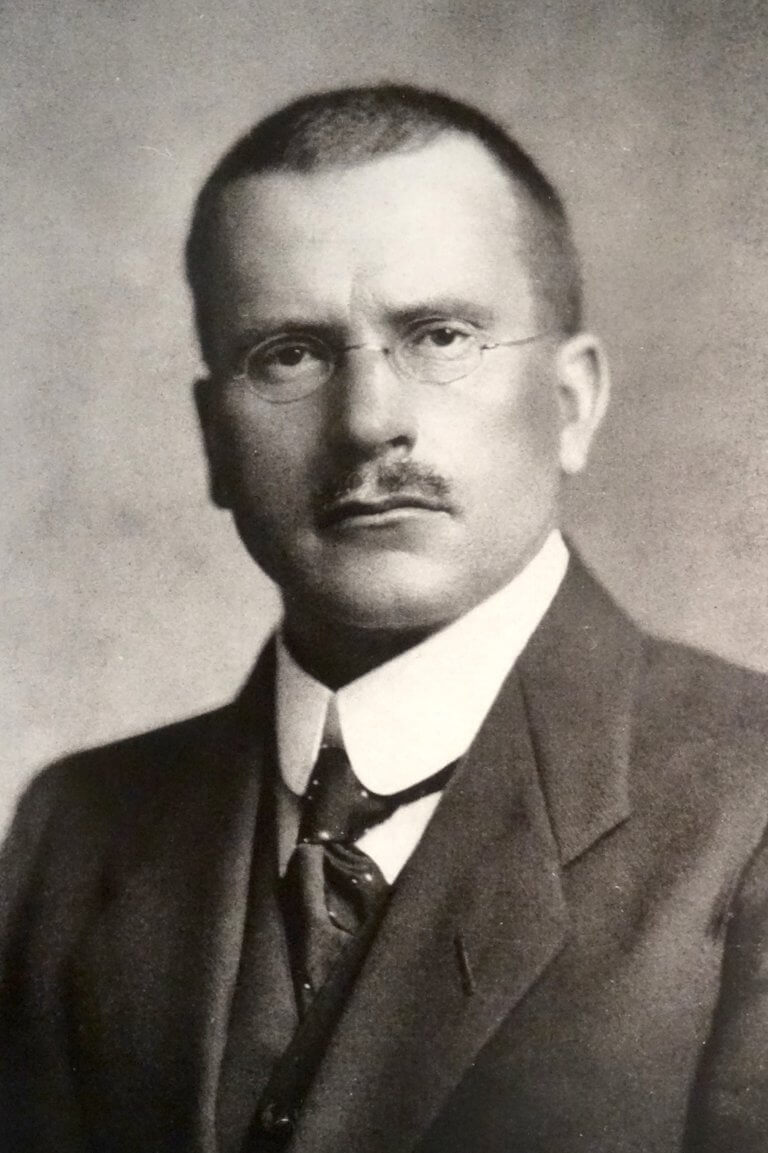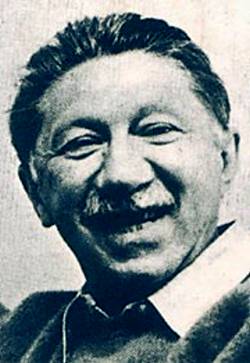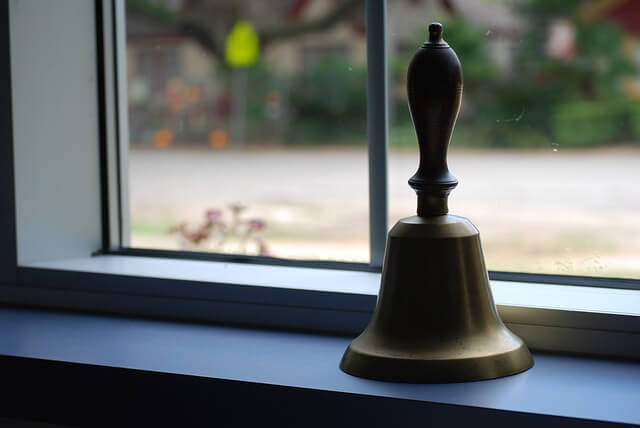Important Dates in the History of Psychology
There are many important events that have had a powerful influence on the history of psychology. The following are just a few important dates in psychology that mark significant events and milestones. On February 24, 1913, John B. Watson delivered his lecture, Psychology as the Behaviorist Views It, at a meeting of the American Psychological…

There are many important events that have had a powerful influence on the history of psychology. The following are just a few important dates in psychology that mark significant events and milestones.
On February 24, 1913, John B. Watson delivered his lecture, Psychology as the Behaviorist Views It, at a meeting of the American Psychological Association (APA).
On February 26, 1907, psychologist John Bowlby was born. His research on attachment theory contributed greatly to developmental psychology.
On February 27, 1859, Bertha Pappenheim was born. Famously known as Anna O., she became one of Sigmund Freud’s most famous case studies.
On March 3, 1908, John B. Watson became a faculty member at John Hopkins University, with a starting salary of $3,000 a year.
On March 4, 1916, Hans Eysenck was born. Eysenck went on to become one of the most frequently cited psychologists as well as a controversial and much-criticized figure because of his view that racial differences in intelligence were due to heritability.
On March 5, 1934, psychologist Daniel Kahneman was born. Kahneman and his colleague Amos Tversky were later awarded a Nobel Prize in Economics for their work in prospect theory.
On March 8, 1883, G. Stanley Hall created the first American psychology lab at John Hopkins University.
On March 8, 1971, the U.S. Supreme Court ruled that the unnecessary use of intelligence testing in employment screening was unconstitutional.
On March 9, 1758, Franz Joseph Gall was born. Gall developed phrenology, which suggested that personality traits were related to the shape of the head. While phrenology is dismissed as a pseudoscience today, it actually had an important impact on modern neuroscience by inspiring research on brain localization.
On March 10, 1937, B.F. Skinner became a member of Psi Chi, the national honor society in psychology.
On March 12, 1986, the journal Psychology and Aging was first published. The journal, published by the American Psychological Association, offers articles and research on adult development and aging.
On March 13, 1964, Kitty Genovese was murdered outside her apartment in New York City. Despite the presence of nearly 30 witnesses, no one tried to assist her. Her death led to numerous studies on the bystander effect. Later research has shown that many of the original “witnesses” did not know that she was being murdered and did not have a clear view of what was taking place.
On March 15, 1938, Sigmund Freud’s home in Vienna was taken over by Nazis. Freud was interrogated by the Gestapo and many of his books from his home and the Vienna library were later burned. Freud later escaped to London, but all four of his elderly sisters were killed in Nazi concentration camps.
On April 6, 1956, Psychological Science published George A. Miller’s well-known article on human memory, “The Magical Number Seven, Plus or Minus Two: Some Limits on Our Capacity for Information Processing.”
On April 11, 1906, Sigmund Freud began his correspondence with Carl Jung. While Freud viewed Jung as a protégé for several years, theoretical differences eventually contributed to an end to their friendship and correspondence.
On April 14, 1886, Edward C. Tolman was born. A student of Hugo Munsterberg, Tolman is known today as a cognitive behaviorist. He is best-known for his theory of “purposive behaviorism,” which combined elements of cognitive psychology with behavioral theories of learning.
On April 14 1952, Romania issued a stamp honoring physiologist Ivan Pavlov.
On April 15, 1880, Max Wertheimer was born. Wertheimer was one of the founders of Gestalt psychology and introduced the Gestalt laws of perceptual organization.
On March 11, 1988, the American Psychological Association sold the magazine Psychology Today for $6.5 million, after losing nearly $16 million in five years of ownership.
On May 13, 1893, psychologist Henry A. Murray was born. Murray is known for his theory of psychogenic needs.
On May 14, 1951, the results of Solomon Asch’s famous conformity studies were published in Harold Guetzkow’s Groups, Leadership, and Men.
On May 15, 1848, Carl Wernicke was born. He is known for his research on the effects of brain disease on speech and language and his discovery that damage to an area of the temporal lobe (now known as Wernicke’s area) is associated with what is now called Wernicke’s aphasia.
On May 16, 1938, Abraham A. Brill published The Basic Writings of Sigmund Freud.
On April 22, 1899, William James published his book Talks to Teachers. The book was composed of 10 lectures that were originally presented at Harvard University in 1891 and 1892. Psychologist and philosopher William James is often referred to as the father of American psychology.
On June 26, 1878, G. Stanley Hall earned his PhD in Psychology from Harvard University, becoming the first person to earn a doctorate in psychology from a U.S. university.
On July 12, 1882, famous psychotherapy patient Anna O. was transferred from the care of her therapist, Josef Breuer, to a sanatorium in Switzerland.
On November 22, 1919, John B. Watson’s book Psychology, From the Standpoint of a Behaviorist was published. Watson’s argument that psychology should focus on the study of behavior was a significant change from earlier introspective methods and contributed greatly to the rise of behaviorism.
On December 27, 1571, Johannes Kepler was born. Kepler first proposed that the retina was the location of visual reception.
On December 27, 1791, the state of Maryland first allocated funds for the care of individuals with mental illnesses.
On December 27, 1892, the American Psychological Association held its first annual meeting at the University of Pennsylvania.
Learn more about important dates in psychology:
If you want to learn more about what happened on specific dates in the history of psychology, be sure to check out “Today in the History of Psychology,“ where you can search for events by dates or keywords at this APA Historical Database provided by the American Psychological Association and Central Washington University.




